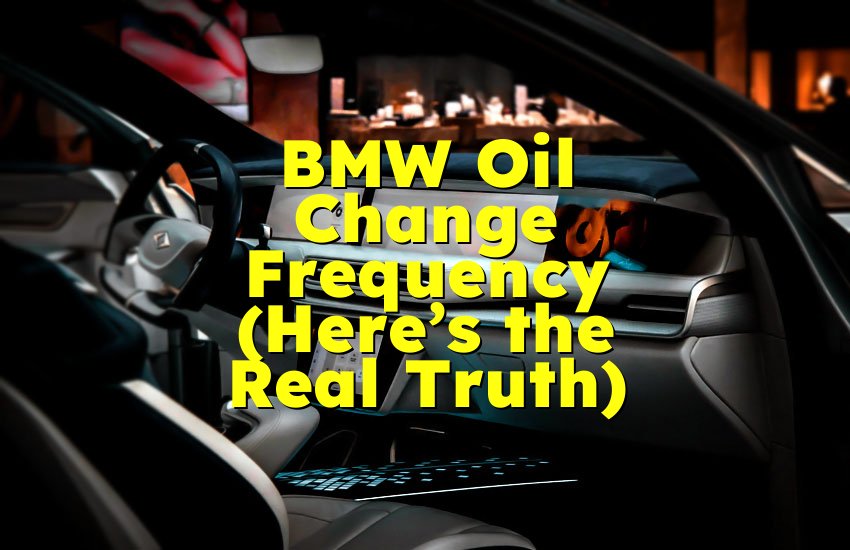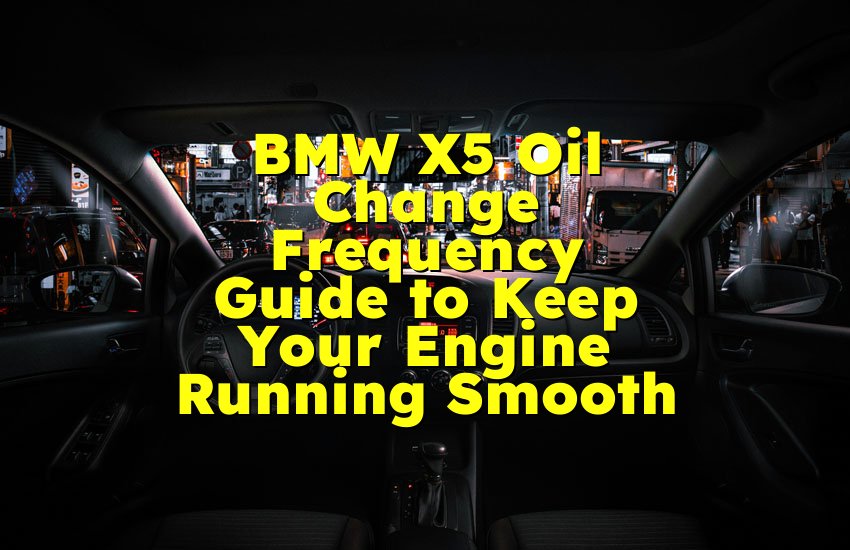As an Amazon Associate, I earn from qualifying purchases at no extra cost to you.
Car Won’t Start When Low On Fuel: What You Need To Know
When your car won’t start and you’re running low on fuel, it can be a frustrating experience. Many drivers don't realize the impact of low fuel on the engine, or how it can make starting your car more difficult. In this article, we’ll walk you through everything you need to know about why this happens and how you can fix it, so you can avoid the panic and frustration of being stranded without a working car.
Why Low Fuel Affects Your Car’s Ability to Start
When your car is low on fuel, it can affect your vehicle in more ways than you might expect. You might assume that running out of fuel is the only problem, but it's not just about running dry. There are several reasons why low fuel can cause trouble starting your car, and understanding these reasons will help you take better care of your vehicle.
Fuel Pump Issues
One of the primary reasons why low fuel can cause trouble starting your car is because of the fuel pump. The fuel pump works by drawing fuel from the gas tank and sending it to the engine. When your car is low on fuel, the fuel pump has to work harder to get the fuel to the engine. This can strain the pump, making it harder for your engine to start, and it could even lead to the fuel pump failing over time.
Fuel pumps are designed to be submerged in gasoline, and they rely on the gasoline to keep them cool and lubricated. When the fuel level is low, the fuel pump may begin to suck air, which can lead to overheating or damage. If your fuel pump is consistently running on low fuel, it may eventually fail, which could leave you stranded on the side of the road.
Air in the Fuel Lines
Another reason why low fuel affects your car's starting ability is due to air entering the fuel lines. Air can enter the fuel system when there is insufficient fuel in the tank, which means the fuel lines can get air pockets. Air in the lines makes it harder for fuel to reach the engine, which can cause your car to stall or fail to start altogether.
When your car is low on fuel, it's possible for the air to mix with the fuel, which can lead to misfires, rough idling, or engine stalls. If the fuel system is drawing in too much air and not enough fuel, it will be a lot harder for the engine to ignite properly, resulting in a car that won't start.
Dirt and Sediment in the Fuel Tank
Another issue that low fuel can cause is the stirring up of dirt and sediment that may have settled at the bottom of your gas tank. When the fuel level is low, the fuel pump can start sucking up these particles, which can clog the fuel filter and damage the fuel system. This can prevent the engine from getting the proper fuel flow it needs to start.
Sediment and dirt in your fuel tank can also cause problems with the fuel injectors, which are responsible for delivering fuel into the engine. If the injectors become clogged, the engine may not receive enough fuel to start or run smoothly. It's important to make sure your fuel system is clean to avoid these types of issues.
Fuel System Sensor Problems
Your car's fuel system has sensors that monitor fuel levels and adjust fuel flow accordingly. If these sensors are malfunctioning or sending incorrect data to the engine, your car might have difficulty starting when low on fuel. A faulty fuel level sensor may cause the fuel gauge to read incorrectly, leading you to believe you have more fuel than you actually do.
Similarly, a bad fuel pressure sensor can affect the amount of fuel that is being delivered to the engine. If these sensors are not functioning properly, it can cause fuel starvation, preventing the engine from starting.
What to Do If Your Car Won't Start When Low On Fuel
If your car won't start when you’re running low on fuel, there are a few things you can try to get it going again. Here are some practical steps you can take to address the issue.
Try Adding More Fuel
The first and simplest thing you can do if your car won’t start when it’s low on fuel is to add more gasoline. Sometimes, your car may be just a little too low on fuel for the pump to work efficiently, so topping off the tank can often solve the problem. It's always a good idea to keep a little extra fuel on hand, just in case your car is running low and you need to get to a station quickly.
After adding more fuel, try starting the car again. If the problem was just a matter of being too low on fuel, the engine should start without any trouble.
Check for a Blocked Fuel Filter
If adding more fuel doesn't fix the problem, you might have a blocked fuel filter. A blocked fuel filter can restrict the flow of gasoline to the engine, making it difficult for the car to start. If you suspect this could be the issue, it's a good idea to check the fuel filter and replace it if necessary.
A fuel filter replacement is typically a simple job, but if you’re not familiar with car maintenance, it might be best to take your car to a mechanic for this repair.
Inspect the Fuel Pump
Another step you can take is to inspect the fuel pump. If the fuel pump is failing, it may not be able to draw enough fuel from the tank to start the engine. If you notice that your car makes a strange noise when trying to start, it could be a sign of a fuel pump issue.
If you suspect a fuel pump failure, it's important to get it checked out as soon as possible. Fuel pump repairs can be expensive, so it’s better to address the issue early before it leads to more severe problems.
Check the Fuel Lines
Low fuel can cause air to enter the fuel lines, which may lead to starting issues. If you think air in the fuel lines is the problem, you can try to purge the air out of the system. This process involves turning the key to the "on" position without starting the car to allow the fuel system to pressurize. Then, try starting the car again. If the air is purged, the engine should fire up.
If this doesn't solve the problem, there might be a deeper issue with the fuel system that requires professional repair.
Get the Car to a Mechanic
If none of the above steps work, it's time to take your car to a mechanic. They can diagnose the issue more thoroughly and pinpoint whether the problem lies with the fuel pump, fuel lines, or something else entirely. Ignoring the issue could lead to further damage, so it's always best to seek professional help if you’re unable to fix it yourself.
Also Read: How Many Rotors Does A Car Have
How to Prevent Your Car From Not Starting When Low On Fuel
Now that you know what causes your car to have trouble starting when low on fuel, let’s discuss ways you can prevent this from happening in the future.
Keep Your Fuel Tank at Least a Quarter Full
One of the best ways to avoid running into this issue is to keep your fuel tank at least a quarter full. By doing so, you’ll ensure that the fuel pump has enough gasoline to work efficiently, reducing the chances of it running on air or being damaged by low fuel levels.
It’s a good idea to fill up your tank regularly, even when you're not running on empty. This will also help prevent sediment from being stirred up in the tank, which can clog the fuel filter and cause engine problems.
Avoid Driving on Empty for Long Periods
It’s tempting to drive on empty, but consistently running your car on low fuel can cause long-term damage to the fuel system. In addition to straining the fuel pump, it can cause other issues like clogged fuel filters and damaged fuel lines.
Try to avoid driving your car until the fuel light comes on. It's safer and better for your car in the long run.
Regular Fuel System Maintenance
Performing regular maintenance on your fuel system is essential for keeping your car running smoothly. This includes replacing the fuel filter as needed, checking the fuel lines for leaks or damage, and inspecting the fuel pump. Regular maintenance can help catch small problems before they turn into major issues.
Be Aware of Fuel Quality
Low fuel can also cause problems when the quality of the gasoline you’re using is poor. If your car is frequently struggling to start when it's low on fuel, make sure you’re filling up at reputable gas stations that provide high-quality fuel.
I hope this article has helped you understand why your car might not start when it’s low on fuel and what you can do to fix it. By following the tips and suggestions provided, you can prevent this issue and keep your car running smoothly for years to come.
See Also: How Long Does A Car Starter Last
Frequently Asked Questions (FAQs)
Is it dangerous to drive with low fuel?
Driving with low fuel can be dangerous for several reasons. First, running out of fuel unexpectedly can leave you stranded in unsafe conditions. Second, frequently driving with low fuel can damage your car’s fuel pump and fuel system, leading to costly repairs. It’s always best to keep your tank at least a quarter full to avoid these risks.
Can low fuel cause the car to stall?
Yes, low fuel can cause your car to stall. When your car is low on fuel, the fuel pump has to work harder to draw fuel from the tank. This can lead to air entering the fuel system, causing the car to stall or fail to start. It's important to avoid running your car on low fuel for extended periods to prevent stalling.
Do I need to replace the fuel filter if it’s clogged from low fuel?
If the fuel filter is clogged due to dirt or sediment stirred up by low fuel, it may need to be replaced. A clogged fuel filter restricts the flow of fuel to the engine, which can make your car harder to start or cause it to stall. It’s best to replace a clogged filter to ensure your car runs smoothly.
Is it possible to fix a fuel pump failure caused by low fuel?
If the fuel pump has failed due to running your car on low fuel too often, it may need to be replaced. A damaged fuel pump can be costly to repair, but it’s important to fix the issue promptly to avoid further damage to your car's fuel system.
Can low fuel cause damage to my car’s engine?
While low fuel itself doesn’t directly damage the engine, it can cause problems with the fuel system that could lead to engine issues. If the fuel pump is damaged or if air enters the fuel lines, it can cause misfires, rough idling, or stalling. Regularly running your car on low fuel increases the risk of these problems.
Is it possible to fix air in the fuel lines?
Yes, you can purge the air from the fuel lines by turning the key to the "on" position without starting the engine. This will pressurize the fuel system and allow the air to be pushed out. If this doesn't solve the problem, there may be an underlying issue with the fuel system that requires professional attention.
Can a dirty fuel tank cause starting issues?
Yes, a dirty fuel tank can cause starting issues. Sediment and dirt that settle at the bottom of the tank can get stirred up when the fuel level is low, causing blockages in the fuel filter and fuel lines. This can prevent the engine from getting enough fuel to start, leading to starting problems.
Is it worth it to keep my tank full to avoid fuel system issues?
Yes, keeping your tank at least a quarter full is a good habit to help avoid fuel system issues. It reduces the chances of air entering the fuel lines, ensures the fuel pump is properly submerged, and prevents sediment from clogging the fuel filter. Regular fueling helps keep your car running smoothly.











